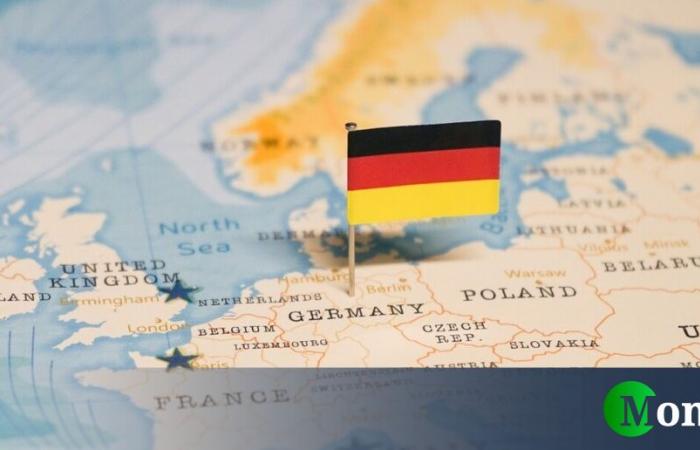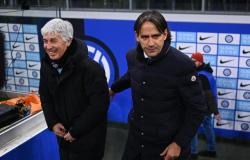Once synonymous with economic stability, social cohesion and political leadership in Europe, the Germania is today facing a unprecedented crisis.
According to a recent item of the New York Timesthe country is no longer the power it is used to knowing or at least imagining and this is demonstrated by the decline of the monopoly in the automotive sector which suffers from US and Chinese competition.
The loss of Russian gas low cost, the weakness of the economy and the political class, which does not seem ready to respond to the challenges of the present, are just some of the reasons for this decline. The fall of the tripartite government led by Olaf Scholz is only the latest act of a deeper crisis, which involves all aspects of German society.
While Germany continues to be perceived as a model of success abroad, the reality of domestic conditions is very different: the country is struggling to find a new identity in an increasingly uncertain global context. Here's what's happening in Germany and why it's no longer the country we all know.
Germany, an unprecedented economic decline
One of the main factors of German decline it is the loss of Russian gas cheap, which for years has fueled the industrial sector and guaranteed low energy costs.
After the invasion ofUkraine on the part of Putinhowever, the German government found itself having to face aenergy emergency unprecedented, seeking alternative suppliers and allocating funds to mitigate the impact of inflation. However, these efforts were not sufficient to prevent the recessionwith the German economy heading towards its second consecutive year of contraction.
And the result of this crisis is clearly evident in the automotive sector – once the pride of the country – with giants such as ThyssenKrupp eVolkswagen that they announced factory closures e layoffs. A “crack” in the German economy which was immediately taken advantage of by Russia, which offered to hire the workers fired by Volkswagen.
Added to this reality are the costs for a necessary green energy transition: the high costs of renewable energy and the phasing out of coal have put further pressure on the industries. In parallel, the government has neglected key sectors such as'instruction and the infrastructureleaving the country vulnerable in an increasingly competitive world. There Germaniaonce Europe's economic locomotive, now seems to be struggling.

Crisis in Germany: between social tensions and political fractures
In addition to the economic crisisGermany has to deal with a growing social discontent and an increasingly fragmented political landscape.
The management ofimmigrationin particular, represents a source of division: while millions of people, including Ukrainian refugeeshave been accepted in recent years, public opinion is deeply divided on the issue. On the one hand, Germany perceives itself as a multi-ethnic and open society; on the other hand, feelings of dissatisfaction emerge which fuel consensus for far-right parties xenophobic likeAlternative for Germany (AfD) and the new one Alleanza Sahra Wagenknecht.
The recent collapse of the tripartite government of Scholzborn with great modernization ambitions, has further exacerbated the distrust towards the political class. The inability to overcome the ideological differences between social democrats, Verdi e Liberal Democrats it demonstrated the limits of a coalition experiment in a fragmented political context.
But not only that. Social tensions are also reflected in an increasingly heated debate: that onnational identity. The Germania finds itself torn between the need to embrace change and the desire to preserve its traditions. Meanwhile, the growing political polarization further complicates the panorama: theAfD and other populist movements are gaining ground, taking advantage of the general discontent and the perception of a ruling class disconnected from the real problems of citizens.
However, in the face of this wave of conservatism, which seems to have hit numerous countries (including Italy), there is still room for hope, but only if – experts say – the country finds a democratic leadership more determined to overcome this phase critics and reaffirm itself as a protagonist on the global scene.








